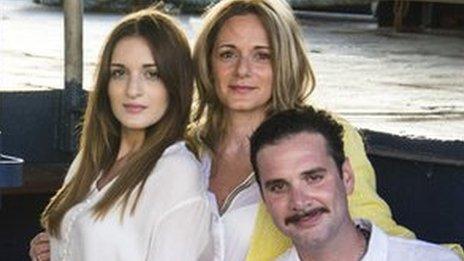MSF to launch Mediterranean migrant rescue boat
- Published
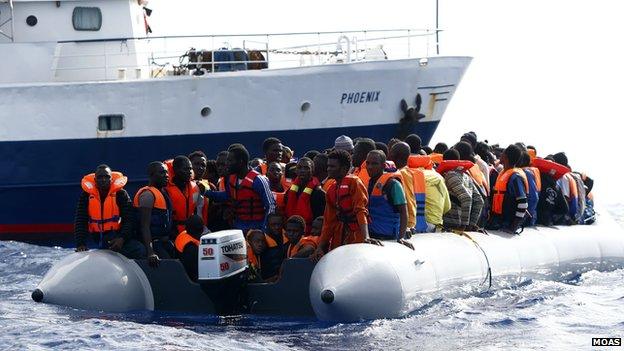
The MOAS helped to save some 3,000 migrants during a 60-day mission using the MY Phoenix last year
Medecins Sans Frontieres is to launch a search and rescue mission in the Mediterranean to save migrants trying to reach Europe by boat.
The aid agency will operate a 40m ship, the MY Phoenix, from May to October, when thousands more people are expected to attempt the perilous journey.
It will be a part replacement for Mare Nostrum, which ended in November.
MSF has rejected UK government claims that such services encourage more people-smuggling ships.
Its small operation, to be run with the Migrant Offshore Aid Station (MOAS), will see the Phoenix equipped with a medical team including two doctors and a nurse as well as high-speed inflatable boats and surveillance drones.
MSF expects that most of the migrants it rescues will be taken to Italian shores.
The Italian navy's search and rescue mission, Mare Nostrum, was abandoned last year after some EU members said they could not afford to fund it.
Last year an estimated 3,400 migrants, mostly from Africa, died while trying to make the treacherous crossing into Europe.
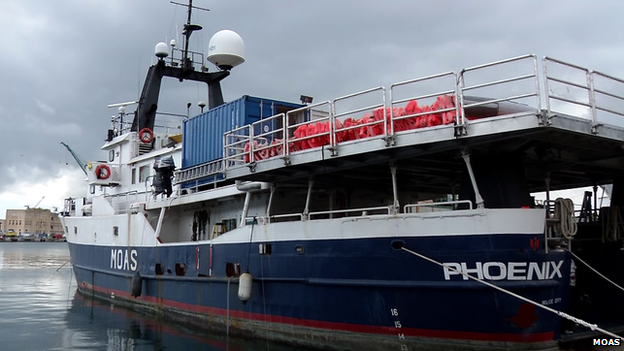
The ship will operate between Italy and Libya
MSF says the death toll is likely to be even higher this year as there is less assistance available to boats in distress, while thousands of people continue to flee conflicts in the Middle East and Africa.
Arjan Hehenkamp, MSF's general director, told the BBC the situation was "dire".
"Europe has turned its back on people fleeing some of the worst humanitarian crises of our time. "Ignoring this situation will not make it go away."
The Migrant Offshore Aid Station was set up by a Maltese family - the Catrambones - who have spent millions of euros to save migrants in danger of drowning at sea.
They say their 60-day mission, using the Phoenix, helped to save around 3,000 people in 2014.
The decision to end Mare Nostrum sparked warnings that it would lead to more deaths.
But other European countries, including the UK, said a rescue service could encourage more migrants.
The EU now runs a border control operation, called Triton, which only operates close to Europe's coast and has fewer ships.
- Published12 February 2015
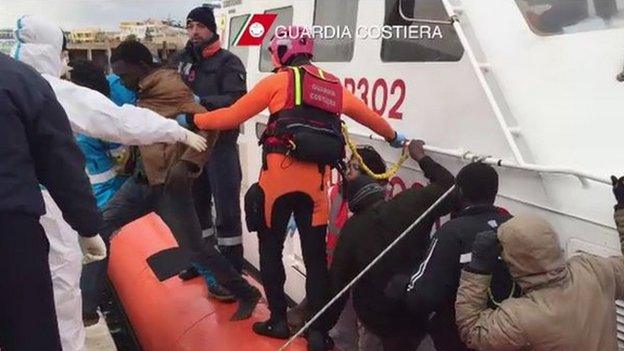
- Published9 January 2015
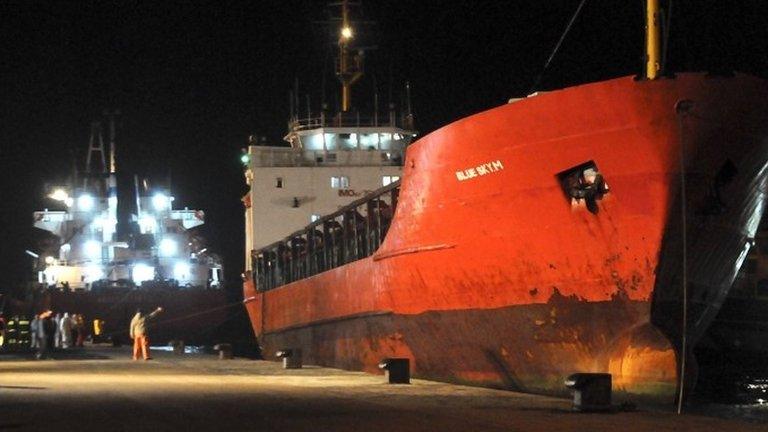
- Published10 November 2014
